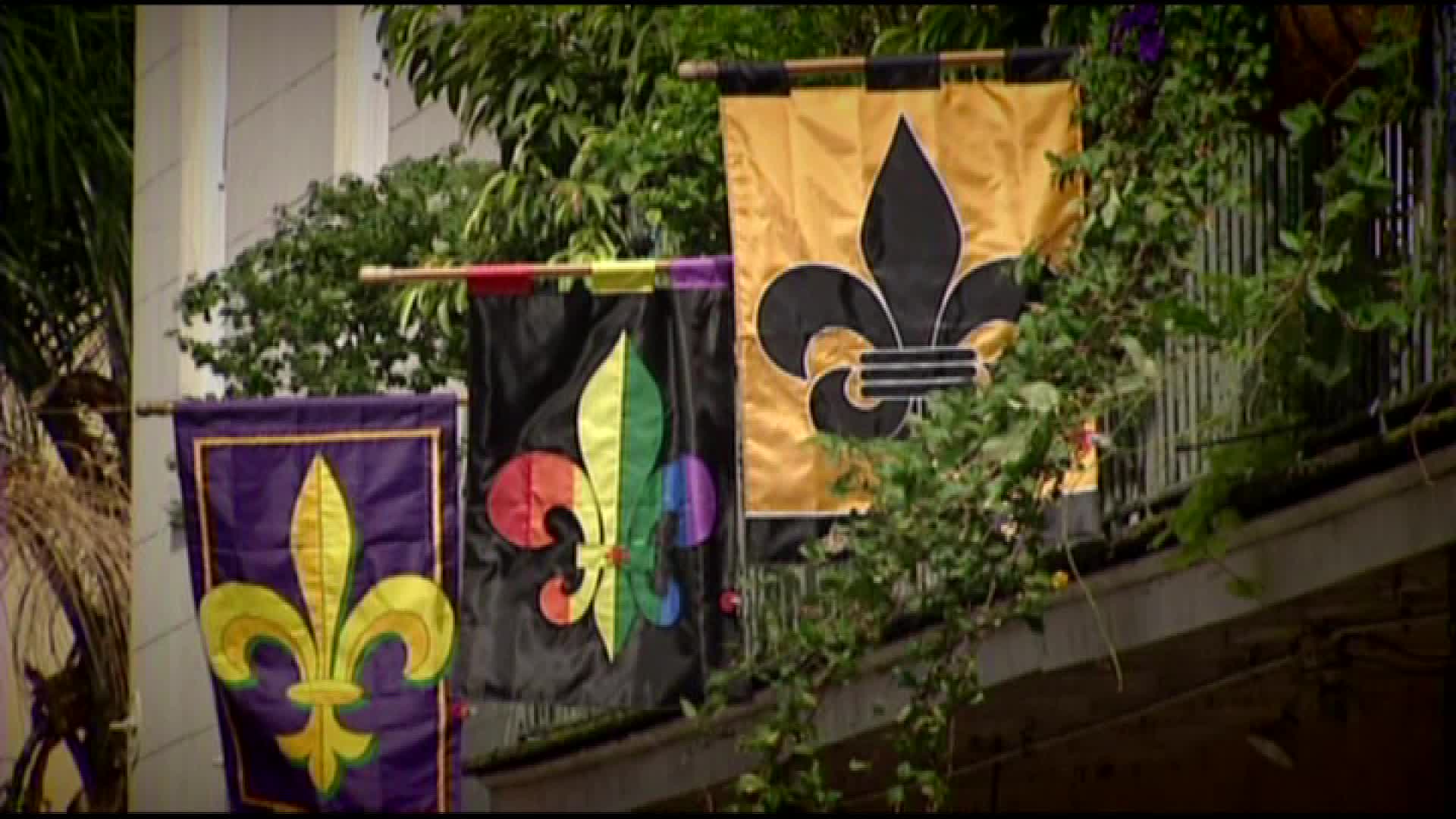NEW ORLEANS -- The fleur de lis is a symbol that is deeply ingrained in Louisiana's history. Seen in architecture, the state flag and on the helmets of the Saints, it's everywhere.
But while it is now seen as the mark of our great state, it was once used to mark slaves.
"Code noir, those words are French and mean black code," said slave historian Dr. Ibrahima Seck.
![Shame written across Robert E. Lee statue in Dallas [ID=29973923]](/Portals/_default/Skins/PrestoLegacy/CommonCss/images/smartembed.png) The black code was a set of regulations adopted in Louisiana in 1724 from other French colonies around the world, meant to govern the state's slave population. Seck said those rules included branding slaves with the fleur de lis as punishment for running away.
The black code was a set of regulations adopted in Louisiana in 1724 from other French colonies around the world, meant to govern the state's slave population. Seck said those rules included branding slaves with the fleur de lis as punishment for running away.
"He would be taken before a court and the sentence would be being branded on one shoulder and with the fleur de lis, and then they would crop their ears," Seck said.
Seck said if that slave ran away a second time, he or she would be branded again, but with another brutality added. Their hamstrings would be cut.
![Mayor Landrieu: Confederate memorials need to be removed [ID=29956337]](/Portals/_default/Skins/PrestoLegacy/CommonCss/images/smartembed.png) To him, this symbol only brings sad thoughts.
To him, this symbol only brings sad thoughts.
"As an African I find it painful, and I think people whose ancestors were enslaved here may feel it even harder than I do as an African," Seck said.
Tulane history professor Terence Fitzmorris said the fleur de lis has roots in the French revolution and, similar to other symbols, was used as a mark of supremacy.
"It was a brutal way of scarring someone and also identifying someone as a particular troublemaker," Fitzmorris said.
Knowing the symbol has that dark history, should it be compared to the likes of the confederate flag?
Fitzmorris said no.
"The fleur de lis was the symbol of a monarchy. The United States of America was a slave-holding republic, not just the south. Where do you stop? Do you get rid of all symbols?
Seck agrees, saying that the symbol has been embraced by the city as one of unity.


